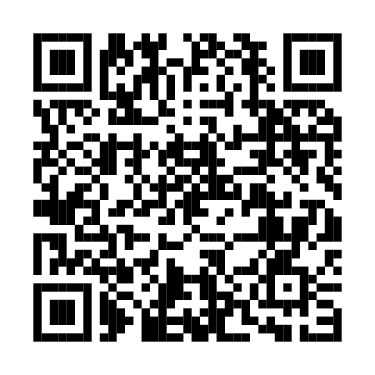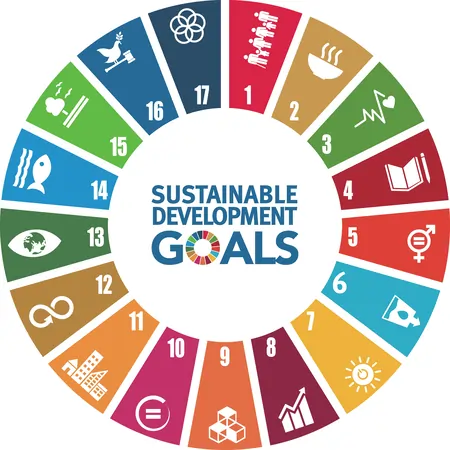Editorial & Ethical Standards
At The European, we are committed to complying with the laws of England and Wales and with internationally recognised standards of ethical business conduct. The following policies outline the framework under which we operate.
Anti-Money Laundering
We comply with the Proceeds of Crime Act 2002, the Money Laundering, Terrorist Financing and Transfer of Funds Regulations 2017, and associated legislation in England and Wales. We do not accept cash payments above legal thresholds, and all financial transactions are carried out through regulated banking channels. Where there is a legal duty to do so, we make disclosures to the UK Financial Intelligence Unit (FIU) within the National Crime Agency (NCA). Staff responsible for financial management receive training to identify and escalate potential red flags in line with statutory obligations.
Equality and Non-Discrimination
We comply with the Equality Act 2010, which protects individuals against discrimination on the basis of age, disability, gender reassignment, marriage or civil partnership, pregnancy or maternity, race, religion or belief, sex, and sexual orientation. All employment decisions are made on merit. We also align with the European Convention on Human Rights and the International Labour Organization (ILO) Conventions on equality and non-discrimination. We expect employees, contractors, and contributors to uphold these same principles.
Workplace Conduct and Anti-Harassment
We are committed to providing a workplace free from harassment, bullying, and victimisation, in accordance with the Equality Act 2010, the Health and Safety at Work etc. Act 1974, and the Protection from Harassment Act 1997. Harassment of any kind, whether verbal, physical, or online, will not be tolerated. Employees and contributors have the right to raise concerns through confidential channels, without fear of retaliation.
Human Trafficking and Modern Slavery
We comply with the Modern Slavery Act 2015 and maintain a zero-tolerance policy on forced labour, child labour, and human trafficking. We conduct due diligence on our suppliers and contractors to ensure they uphold these standards. This includes adherence to the UN Guiding Principles on Business and Human Rights and the OECD Guidelines for Multinational Enterprises. Any supplier found to be in breach will have their relationship with us terminated.
Data and Privacy
We comply with the UK General Data Protection Regulation (UK GDPR) and the Data Protection Act 2018. Personal data is collected only where necessary, kept accurate and up to date, stored securely, and retained only for as long as needed. Individuals have the right to access, correct, and request deletion of their personal data. Cross-border transfers of personal data are carried out only in compliance with adequacy regulations and international safeguards. You can read our Privacy Policy here.
Health and Safety
We comply with the Health and Safety at Work etc. Act 1974, the Management of Health and Safety at Work Regulations 1999, and all other applicable UK health and safety regulations. Risk assessments are carried out where necessary, and staff are provided with training to ensure safe working practices. International contributors and contractors are expected to comply with the health and safety laws applicable in their jurisdictions.
Editorial Standards and Integrity
Editorial independence is at the core of The European. We recognise that our reputation depends on the trust of our readers, contributors, and the wider public, and that trust is earned through accuracy, fairness, transparency, and accountability.
Accuracy and Fairness
All content we publish must be accurate, evidence-based, and not misleading. Facts are checked against reliable sources before publication. Where mistakes occur, corrections are made promptly and clearly. We strive to present information in context and to ensure that reporting and commentary are fair, balanced, and proportionate.
Separation of Editorial and Commercial Interests
We maintain a clear division between editorial content and commercial activity. Advertising and sponsored content are always labelled as such at the foot of each post, and commercial arrangements do not influence editorial decisions. Editorial staff and contributors are expected to act independently of advertisers, partners, and other third parties.
Conflicts of Interest
Editors, journalists, and contributors must disclose any personal, financial, or professional interests that could reasonably be perceived to influence their work. Where a conflict cannot be avoided, it must be managed transparently. Content that is compromised by a conflict of interest is not be published.
Regulation and Legal Compliance
We adhere to the Editors’ Code of Practice, which is enforced by the Independent Press Standards Organisation (IPSO). Our editorial practices also comply with relevant legislation in England and Wales, including the Defamation Act 2013, the Contempt of Court Act 1981, and the Data Protection Act 2018. Journalists and editors are trained to recognise the boundaries of lawful reporting, including restrictions around reporting on minors, ongoing legal proceedings, and personal privacy.
Ethical Responsibilities
We align with international frameworks, including the IFJ Global Charter of Ethics for Journalists and the UNESCO Windhoek Declaration on a Free, Independent and Pluralistic Press. These commit us to uphold freedom of expression, act in the public interest, and avoid practices that could cause unnecessary harm. Sensitivity is applied when reporting on issues such as grief, tragedy, and vulnerable communities.
Transparency and Accountability
Corrections and clarifications are published with equal prominence to the original material wherever practical. We also provide readers with a channel to raise complaints about our journalism.
Diversity of Voices
We are committed to reflecting a wide range of perspectives, experiences, and voices in our journalism. Our editorial approach values inclusivity and avoids reinforcing stereotypes or marginalising underrepresented groups. This is consistent with both the Equality Act 2010 and international commitments to diversity in media.
Editorial Independence
Decisions about content are taken by the editorial team without interference from owners, shareholders, advertisers, or external organisations. Contributors are free to express a range of views provided they meet our standards of accuracy, fairness, and legality. Where opinion pieces are published, they are clearly marked as such.
Use of AI and New Technologies
We do not knowingly publish editorial material that has been written by artificial intelligence. All of our journalism is produced by human writers, editors, and contributors. The only exception to this principle is advertising and sponsored content, where material provided by advertisers may have been created using AI tools. In such cases, the use of AI does not reduce our requirement for transparency, and content remains subject to human editorial oversight to ensure it meets our standards of accuracy, context, and compliance.
Reporting Concerns
Concerns about breaches of these policies can be raised confidentially by contacting the publisher at [email protected]
Whistleblowers are protected under the Public Interest Disclosure Act 1998, and no one will suffer retaliation for raising a genuine concern. All reports are investigated fairly, promptly, and, where required, reported to regulators or authorities.
LATEST VIDEOS

Scan Here to Submit Your Vote in
The European Global Business Awards 2026




